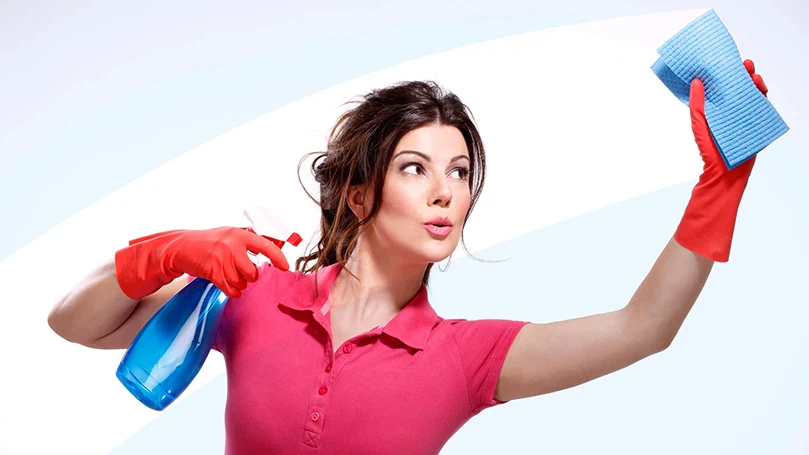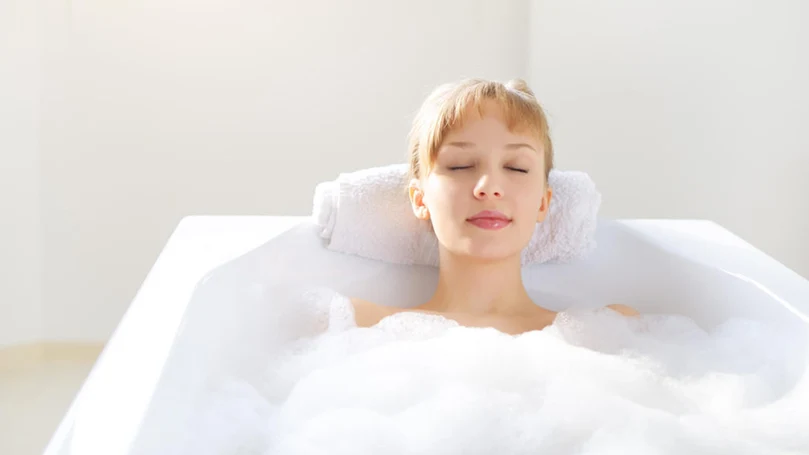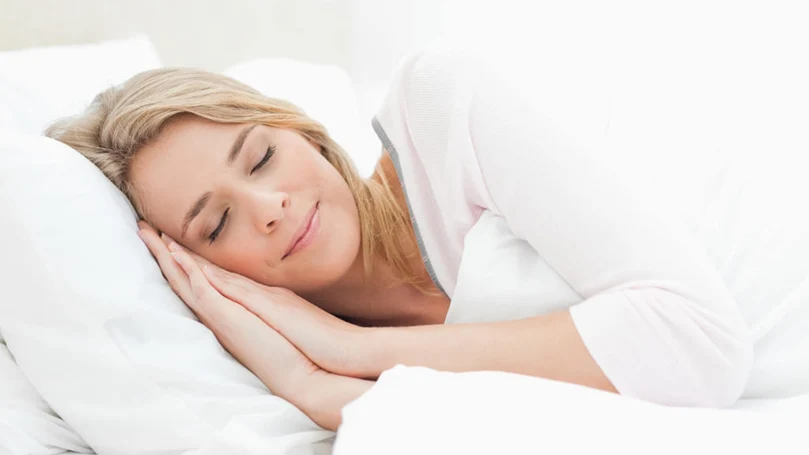Indoor Hygiene
Sleeping with allergies gets a lot easier if you keep the allergens away from your home. You can’t control the outside air, but you can control the environment of your home. Use this to the maximum. Keep your windows closed and try not to let any pollen indoors. While conducting this practice it’s very important to keep your home extra clean. Dust inside of your home can irritate your sinuses if you are prone to allergies.

Right choices for the spare time
Swimming in the indoor pools can worsen your allergy problem due to the chlorine. Use inside pools instead if you like to swim in your spare time. Also, a gym would be a better choice than jogging outside. Try to limit your activities to clean inside spaces during the allergy season. But don’t skip on your physical activities, they can actually help you sleep better.
Avoid exposure to cigarette smoke
It is very important not to share closed spaces with smokers if you are allergy prone. Even inside of well-ventilated spaces cigarette smoke can still do some damage to your sensitive sinuses. In a case that you are a smoker, you may want to stop smoking, at least temporarily, during the allergy season. Quitting cigarettes might take some time. So, during that period, be sure to stop smoking hours before bed. Sleeping with allergies after an exposure to cigarette smoke can get a whole lot worse.

Salt water sinus rinse
Some people claim that salt water solution helps them a lot to “unblock” their sinuses. Ask your doctor about this practice, it may help you too. Keep your irrigation device sterile and rinse your sinuses before bedtime.
Timing the meds
Many people experience difficulties with sleeping with allergies because they timed their pills the wrong way. Taking the allergy medication when it’s too late can create a lot of unnecessary inconveniences. Doctors advice taking allergy meds before being exposed to the allergen, and before bedtime, not just in the morning. Some medications are too strong and can’t be taken more than once a day, but their effect doesn’t last for 24 hours. Talk to your doctor about choosing the right kind of medication that will have an effect both during the day and the night.

Pets out of the bed
You probably have wondered should your dog sleep in bed, right? Remember that you may get out every trace of pollen from the air of your home and your clothes, but it gets a bit harder to get it out from your pet’s fur. Cats and dogs carry a lot of allergens in their fur, and a simple bath sometimes doesn’t do the trick. Even besides this, pets can irritate sinuses of people who are highly sensitive to allergens. Be sure to keep your pets outside of your bedroom during allergy season.
Less stress
Stress significantly worsens sleeping with allergies. Try to be calmer when it comes to work, school or emotionally stressful events in your life. Getting the stress out of the picture will improve your sleeping in general, especially sleeping with allergies.

Skipping the drinks
It’s proved that alcohol has a negative effect on sensitive sinuses. Sleeping with allergies after an alcoholic drink can get very uncomfortable, especially for women.
Elevate your head
When it comes to simple tricks on how to improve your sleeping with allergies, this is one of the best! Support your head with an extra pillow in order to beat the negative effect that gravity has on your clogged sinuses.

Getting the dehumidifier
Too much of humidity can harm your sinuses. During the allergy season, any extra moisture is not welcome in your home. Buy a dehumidifier for starters. Now, if you feel like being extra safe, consult an expert on doing some repairs on your house in order to make it more moisture prone.
Conclusion
Sleeping with allergies can be quite irritating experience on so many levels. But don’t give up, there are ways to make your night hassle free. Controlling your sleeping environment is the most important. So, kick out the allergens, dust mites, moisture, and cigarette smoke from your home! Also, your pet should have a temporary ban on your bedroom. We know that allergies can make you nervous, but stress makes you sleeping even worse. Follow our tips, visit your doctor if necessary and always remember to stay positive!

















There are no comments yet
"*" indicates required fields